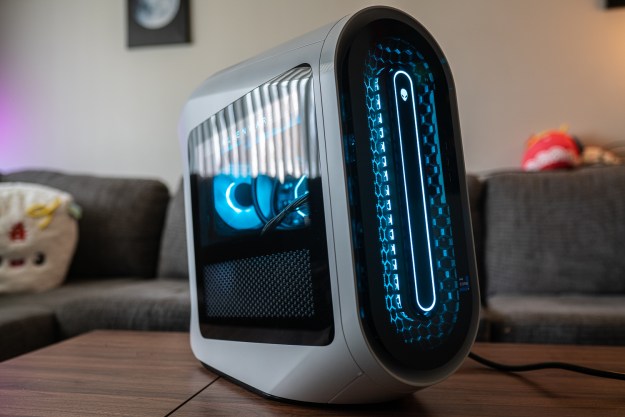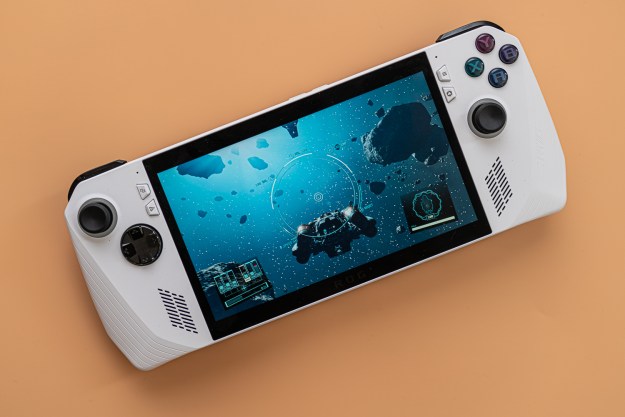
ARM is promising “ground-breaking performance” with the Cortex-A75, which performance gains as high as 50 percent in areas such as artificial intelligence. ARM calls the Cortex-A75 “laptop-ready,” and sees it best suited for large-screen devices, networking equipment, and cars.
The Cortex-A55, on the other hand, doubles down on power efficiency. It’s up to 2.5 times more efficient compared to ARM’s current crop of processor and tailored for “everyday devices” like tablets, smartphones, and Internet of Things (IoT) devices.
Both the Cortex-A55 and Cortex-A75 benefit from a fast single-thread performance and Dynamiq’s new Big.Little configuration, an ARM technology that intelligently switches between processor cores as needed. The Cortex-A75 has four high-power cores (Big) and four low-power cores (Little), and the Cortex-A55 has 1 high-performance core (Big) and seven low-power cores (Little).

Other platform changes include CryptoCell-712, the newest version of ARM’s subsystem security architecture, and native support for high dynamic range (HDR), a high-contrast display standard.
New processors are not the only thing ARM had up its sleeve. It took the wraps off the Mali-G72, a next-gen GPU.
Enhanced graphics are the chip’s headlining feature. ARM said the Mali-G72 is 25 percent more power efficient and cuts down on bandwidth by 87 percent, leading to 1.4 times better overall performance than the 2017 devices.
ARM said the beefed-up chip will benefit virtual reality and “high fidelity” apps. To that end, the Mali-G72 supports mobile multi-view, an advanced rendering feature for Samsung’s Gear VR headset; foveated rendering, a technique that uses an eye tracker integrated with a VR headset; adaptive scalable texture compression (ASTC), a compression algorithm that supports HDR and multiple color formats; and multisample anti-aliasing (MSAA), which improves image quality by smoothing out the rough edges of objects.

ARM’s targeting AI applications with the Mali-G72, too. New algorithms and other optimizations make it 17 percent more efficient at on-device AI computing, ARM said, making it the “most efficient Mali GPU for machine learning [yet].”
ARM said devices equipped with the Mali-G72 and either the ARM-A75 or ARM-A55 will be capable of “real-time inference” and “on-device learning” that enhances user privacy and powers and new, intuitive user interfaces. “[The new chips] have [the] compute performance to deliver a hi-fidelity world,” ARM said. “[It’s] AI in your hand.”
ARM’s building on the success of its existing chip business. The company said that more than a billion Mali chips shipped in 2016 and that 50 percent of mobile virtual reality headsets and 50 percent of smartphones pack the chip. It is projected to ship 100 billion chips between 2017 and to its more than 450 silicon partners and 1,000 community partners, which doubles the 50 billion in shipped between 2013 and 2017.


